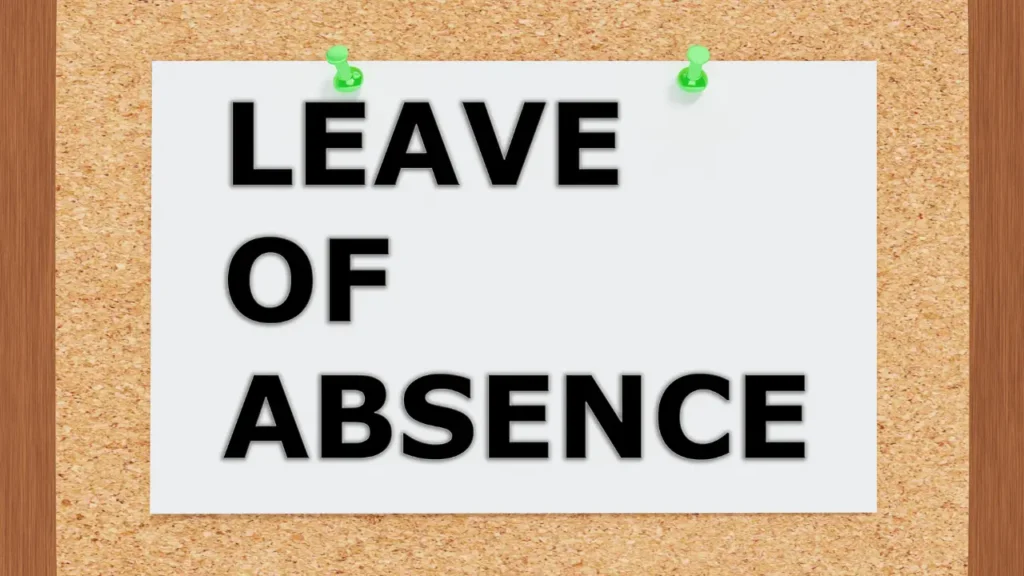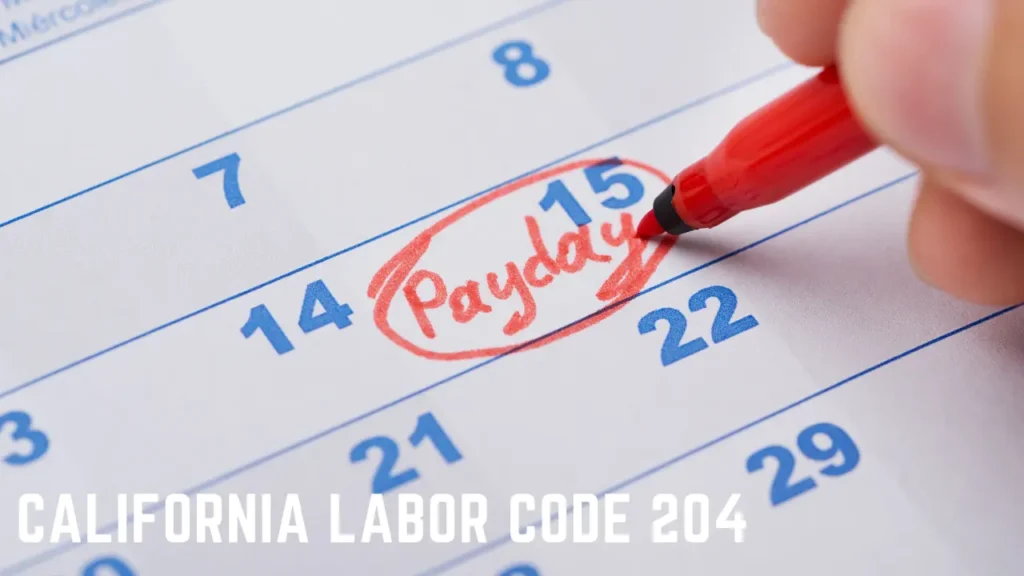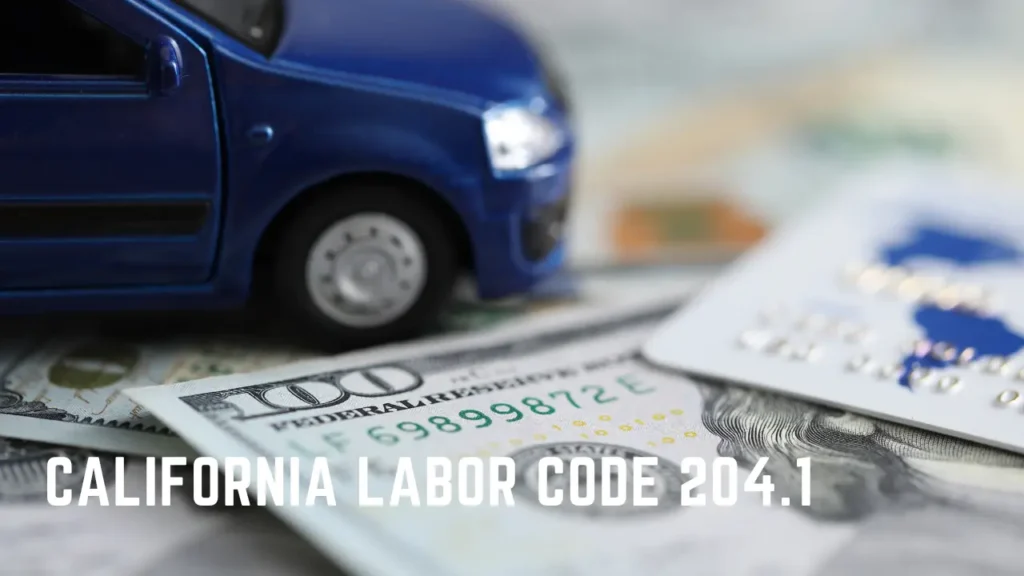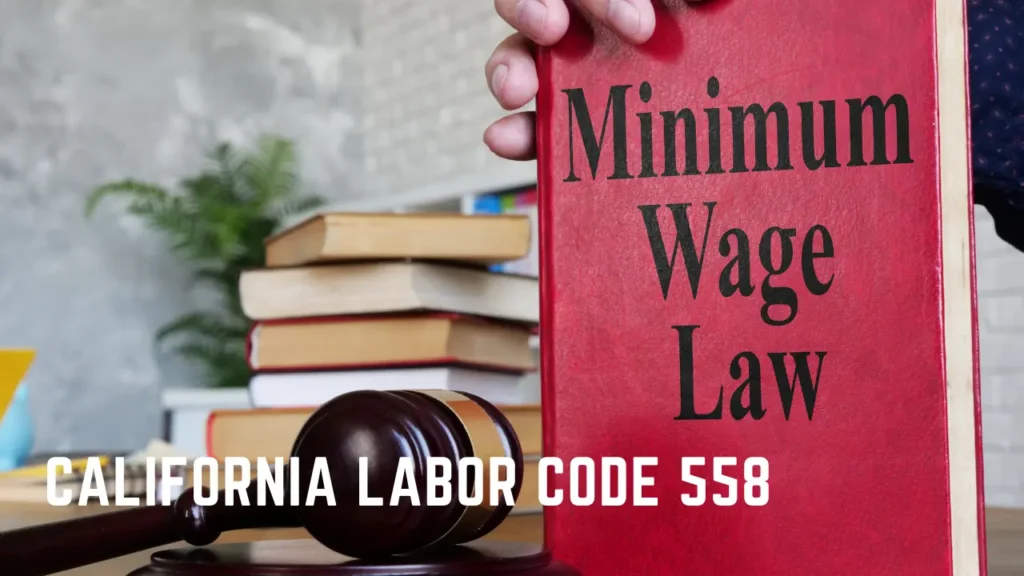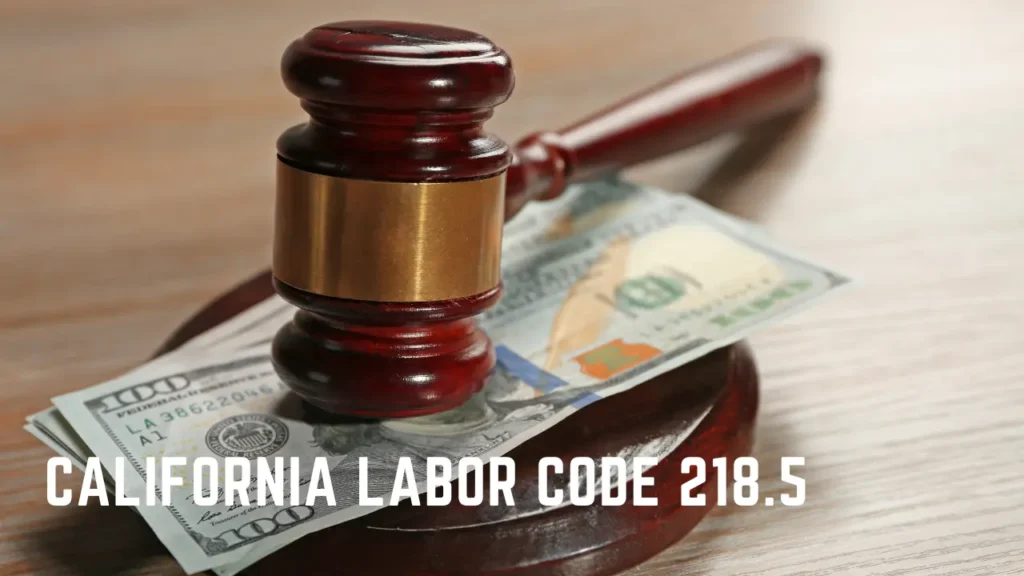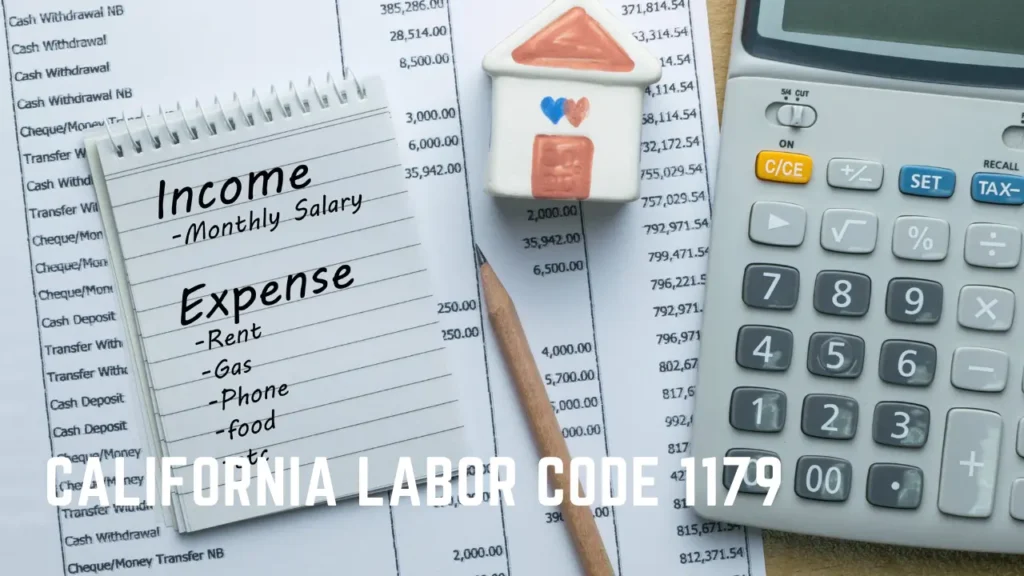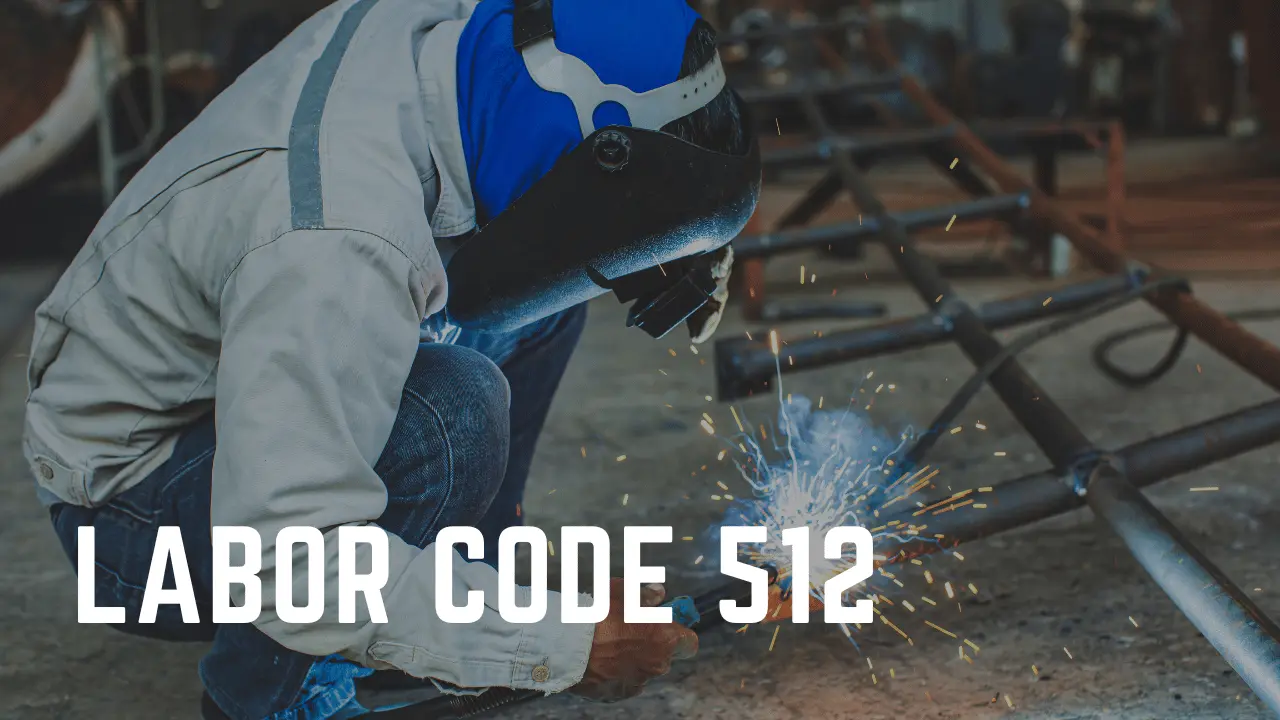Table of Contents
ToggleCalifornia workers who are not paid adequate overtime can file a lawsuit against their employer for unpaid wages in attorneys fees, or they can file a complaint with the California Labor Board.
Is everyone entitled to higher wages for working overtime?
No. There are about six common types of workers that are not entitled to overtime. They are:
- Executive, administrative, and professional employees
- Outside salespersons
- Unionized employees
- Specific employees in certain industries
- Independent contractors
Each of these exemptions is going to be briefly discussed below. If a person is non-exempt, then they are out of overtime if they are working overtime hours.
Executive, administrative, and professional employees
California overtime laws, along with other wage and hour laws including meal and rest breaks, don’t apply to exempt employees. In order to be an exempt employee under this professional category, the workers generally should have:
- An executive, administrative, and professional job;
- Their duties primarily involve tasks related to their exemption;
- They receive a fixed salary which is no less than twice the minimum wage in California. In 2021, the minimum threshold for employers of 26 or fewer employees is $54,080 per year, and for employers of 26 or more employees is $58,240 per year.
Outside Salespersons
An outside salesperson may generally be exempt from overtime. However, there are certain requirements before this exemption applies:
- The salesperson needs to customarily and regularly work more than I have to work and time away from the employer piece of business
- The outside salesperson needs to be 18 years of age or older
- They sell that’s all products or services, or sell orders for products or services
Unionized Employees
Unionized employees or employees covered by a collective bargaining agreement may not be entitled to overtime:
- If the agreement expressly provides for wages, hours of work, and working conditions,
- If it provides for premium wages for all over 10 hours worked, and
- The regular hourly rate isn’t less than 30% more than the state minimum wage.
Specific Employees in Certain Industries
There are various types of employees in other industries. In these specific industries, the employers may not be entitled to overtime wages. For example:
- if a person works in a national service program, like AmeriCorps,
- various student nurses working in accredited schools,
- airline employees in certain situations,
- carnival ride operators in certain situations,
- commercial fishing boat crewmembers,
- professional actors,
- news announcers in various cities,
- babysitters under the age of 18 working in the employer’s home, and
- various personal attendants.
Independent Contractors
Independent contractors are generally not entitled to overtime in California. However, in this day and age, is more difficult to qualify as an independent contractor in the state of California. There is a “ABC test” where a worker might not be considered an independent contractor. The employer has to satisfy all three of these conditions:
- ”(a) that the worker is free from the control and direction of the hirer in connection with the performance of the work, both under the contract for the performance of the work and in fact; and
- (b) that the worker performs work that is outside the usual course of the hiring entity’s business; and
- (c) that the worker is customarily engaged in an independently established trade, occupation, or business of the same nature as that involved in the work performed.”[1]
How long do I have to work before getting overtime pay?
In California, nonexempt employees usually are out of overtime pay if they work:
- More than eight hours per day
- For the first eight hours of the seventh consecutive workday and a workweek
- More than 40 hours per week
Does my employer owe me overtime if they didn’t authorize it?
You are generally out overtime if your employer or supervisor now or should’ve known that you were working overtime. For example, if they expect for you to work longer hours due to the workload, or if they actually saw you working the overtime hours but didn’t specifically authorize it, then you should be entitled to overtime. There are many situations where an employer may have the employee also work from home, if the employer knows or should have knowledge of this, Then they owe you overtime. If you are purely secretly working from home and there is virtually no way to tell that you have been working from home, you should still consult with a California employment lawyer to see what your options are for getting paid this compensation. There may be ways that your employer should have known that you were working from home anyway.
Footnotes
[1] Dynamex Operations West, Inc. v. Superior Court




